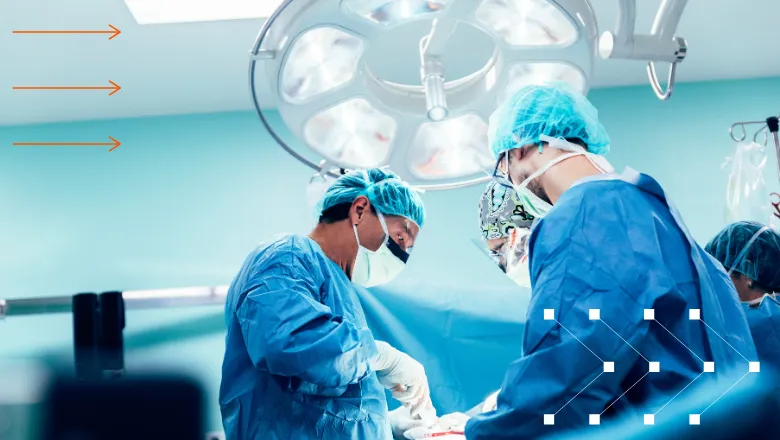A pioneering study at King's College London, University of Oxford and Guy's and St Thomas' NHS Foundation Trust has successfully tested a new robotic surgical system for treating head and neck conditions, marking a significant step forward in minimally invasive cancer care.

The study, published in the European Archives of Otolaryngology evaluated the Versius Surgical System, developed by UK-based CMR Surgical, for use in transoral robotic surgery (TORS). TORS is a technique that allows surgeons to remove tumors from the throat and mouth through the mouth, avoiding more invasive open surgeries.
Over an eight-month period, a team of experienced surgeons performed 30 robotic procedures-15 for benign conditions and 15 for cancers-using the Versius system. All surgeries were completed successfully without major complications or the need to convert to traditional open surgery.
This study marks the first time the Versius robotic system has been used in human patients for transoral surgery, and it represents a major step forward in expanding robotic options for head and neck cancer treatment. By introducing a new platform into this space this means more patients may benefit from robotic surgery delivered in a way that's safer, more efficient, and potentially more widely available.
Jack Faulkner, Head and Neck Robotic Research Fellow at King's College London
The study followed the IDEAL framework, a structured approach for evaluating surgical innovations. It began with benign cases before progressing to cancer surgeries, allowing the team to refine techniques and adapt the system for the complex anatomy of the oropharynx.
One of the standout features tested was four-arm robotic surgery, where three instruments and a camera are used simultaneously. This approach, not possible with most current multi-port systems, showed promise for improving surgical access and reducing the workload on bedside assistants. However, it also presented challenges in tight spaces like the tongue base.
While the system performed well overall, the study identified areas for improvement. Surgeons noted that some instruments were too bulky or lacked precision and called for the development of TORS-specific tools-particularly a monopolar spatula, a standard instrument in other robotic systems.
The research team recommends further multi-centre studies to evaluate the system's broader applicability and to refine its instrumentation. If adopted widely, Versius could offer a more accessible and cost-effective alternative to existing robotic platforms, potentially transforming head and neck cancer surgery.
It has been an exciting journey and a privilege to work alongside Prof Seb Ourselin supervising this PhD. The project represents a unique clinical academic commercial collaboration between GSTT, KCL and CMR Surgical. We established the feasibility of using the Versius system to safely perform Transoral Robotic Surgery for the very first time. We performed the first ever clinical trial using Versius to treat patients diagnosed with throat cancer with excellent results. Our pioneering work provides an essential platform for further multi-centre clinical validation. I envisage this will pave the way for regulatory approval in due course enabling many more patients with throat cancer to benefit from minimally invasive Transoral surgery.
Dr Asist Arora, Senior Lecturer, Surgical & Interventional Engineering, King's College London






